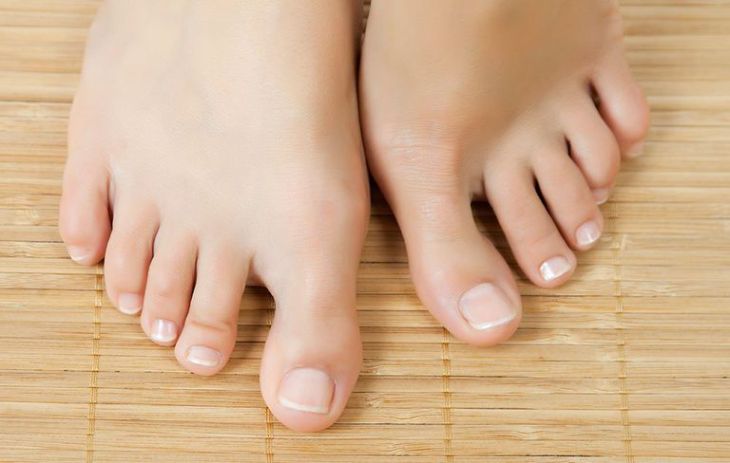Ingrown Toenails aka Onychocryptosis
Hey guys,
I wanted to address a super common issue I see in the clinic almost daily.
Ingrown Toenails.
Maybe you have had a nail that always seems to grow down into the corners of your big toe. Perhaps you have stubbed or dropped something on your toe, or had a particular pair of shoes that made your toes hurt. Even slight pressures from bedsheet and enclosed shoes can be unbearable.
What are they?
Ingrown toenails are a very common issue with the 1st toe (big toe) generally being affected. The side of the nail may grow down the edge of the skin and may cause pain and discomfort especially when any pressure is put on it. They affect people of all ages and activity levels.
What causes it?
- Improper nail cutting, tearing/picking your nails
- Inappropriate footwear/shoes with tight toeboxes
- Trauma or blunt force to the toe/toenail
- May have a genetic predisposition to it – you inherit foot structure and nail and skin appearance from your parents- thanks mum!
- Poor foot hygeine – certain bacterias may buildup and lead to inflammation of tissues or accumulation of debris (skin oils, dead skin cells) in the nail grooves
- Biomechanics and foot function – can be an indirect cause where there is excessive pressure to the sides of the toe and lead to the nail becoming embedded in the skin tissue
- Age related changes – as you get older your skin and nail changes composition, you can experience thickening and changes in the shape of your nails (such as involution)

Do I need to have it treated?
Now, this is all dependant on the severity of it, some cases it may be able to be managed conservatively. A podiatrist may be able to extract the sharp nail spicule that is causes the pain/discomfort and clear surrounding callus (hard skin buildup) around the nail. Antiseptic ointment such as Betadine may be applied if there has been any cut or abrasion from the offending bit of nail. This may need to be done on multiple occasions as a means of maintaining the nail and preventing recurrence.
You may also be advised to soak your feet daily with Epsom salts, or apple cider vinegar to relieve inflammation and kill the bacteria that contribute to the issue.
When it has become a recurrent issue, or if there is infection, excessive pain or inflammation there are other treatment options.
You may require antibiotics if there is infection present, and generally a course, prescribed by you GP will take care of that aspect.
A partial nail resection or phenolization procedure is a technique performed by podiatrists as a permanent cure for ingrown toenails.
What does it involve?
The procedure generally lasts around 20-40 minutes, and typically the most painful part is the local anaesthetic of the toe in order to numb the area and extract the nail. The nail portion that is ingrown is removed enough so that there is no chance of the remaining nail plate becoming ingrown again. The podiatrist uses special tools in order to extract this, and in some cases both sides may need to be removed. Or the total nail – if the nail is extremely thick or damaged. You are able to drive once it has all been done, and usually a panadol and nurofen is enough in terms of pain medication. Once it is all healed up the skin will contract back up and cosmetically it will look like a normal nail, albeit a bit narrower.
Will it grow back?
This is a question that all people undergoing a treatment or seeking advice on ingrown toenail want to know. Various studies have shown recurrence rates with phenolization procedures to be 5%, and down to 0.3%. This would indicate a success rate of well over 95%! The minimal pain, quick recovery and good cosmetic result make this an excellent treatment choice for recurrent ingrowing toenails.
Am I a suitable candidate for the procedure?
This can be discussed with your podiatrist, however, in some cases it may not be suitable. Allergies to anaesthetic such as Lignocaine, some bleeding disorders, immunocompromised patients, vascular issues and poorly managed diabetics may be contraindicated. However, please discuss with your GP or podiatrist on your suitability.
Sounds good, sign me up!
If you would like further clarification, or think this may be a good permanent solution to your ingrown toenails, contact us Praxis Podiatry on 6558 8810 to make an appointment or book online here.
